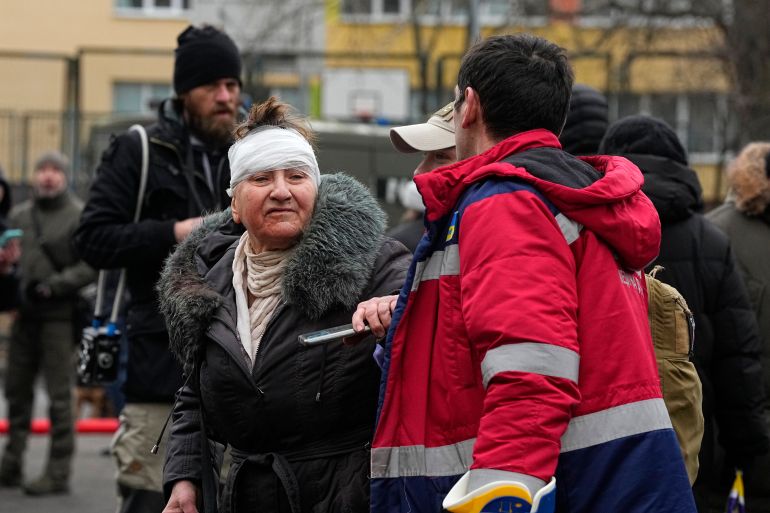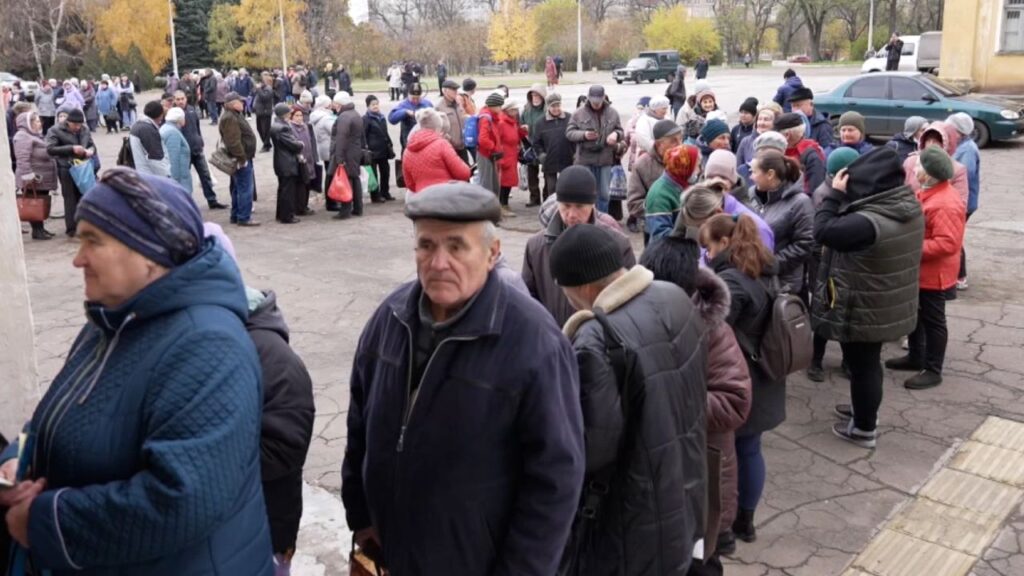The former Soviet state of Ukraine stands at a critical juncture, often referred to as its “moment of truth,” as it grapples with its identity and alliances in the context of the ongoing conflict with Russia. The struggle has intensified since the annexation of Crimea in 2014 and the subsequent war in eastern Ukraine, pushing the nation to make a decisive choice between aligning more closely with Western countries or succumbing to Russian influence.

Source:- bbc news
Ukraine’s aspirations to join the European Union and NATO reflect a broader desire for integration with the West, which promises economic support, democratic reforms, and enhanced security. This shift has been met with significant public support within Ukraine, with citizens increasingly favoring ties with Europe over the remnants of Soviet legacy. However, this path has not been without its challenges. The ongoing war with Russia, compounded by economic difficulties and political instability, has placed immense pressure on Ukraine’s government and its citizens.
Source:- news 18
Russia, on the other hand, views Ukraine as a critical part of its sphere of influence and has been relentless in its efforts to maintain control. The Kremlin’s actions, including military aggression and political manipulation, aim to undermine Ukraine’s Western aspirations and reassert its dominance in the region.
As Ukraine navigates this pivotal moment, the choices it makes will resonate far beyond its borders. A successful alignment with the West could serve as a catalyst for democratic reforms in the region, while a retreat into Russia’s orbit might stifle those aspirations and lead to further destabilization. The stakes are high, and Ukraine’s decision will not only shape its future but also influence the geopolitical landscape of Eastern Europe and the global balance of power.
Share your views in the comments

